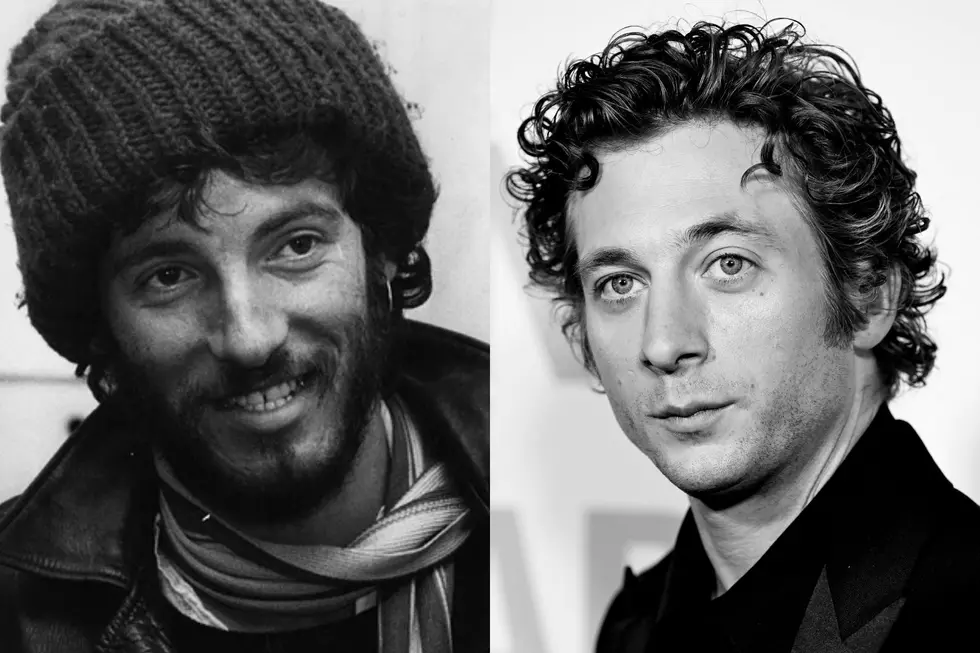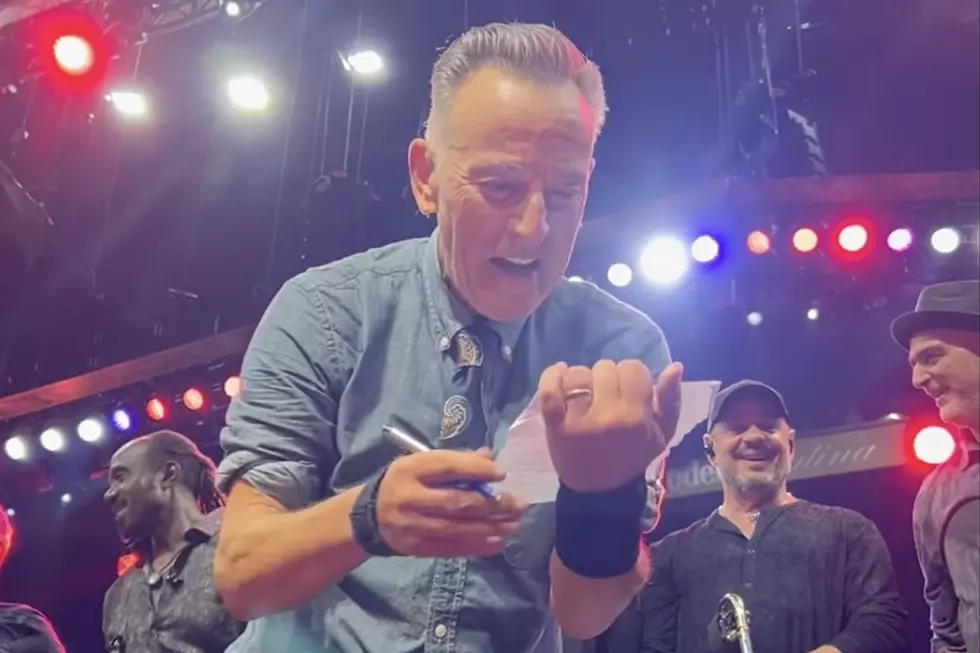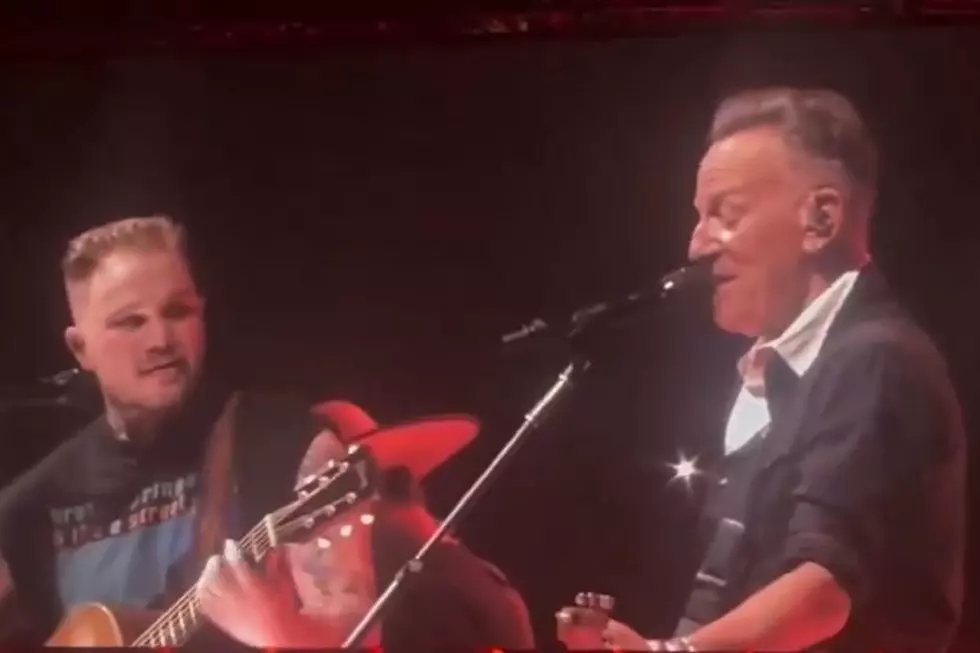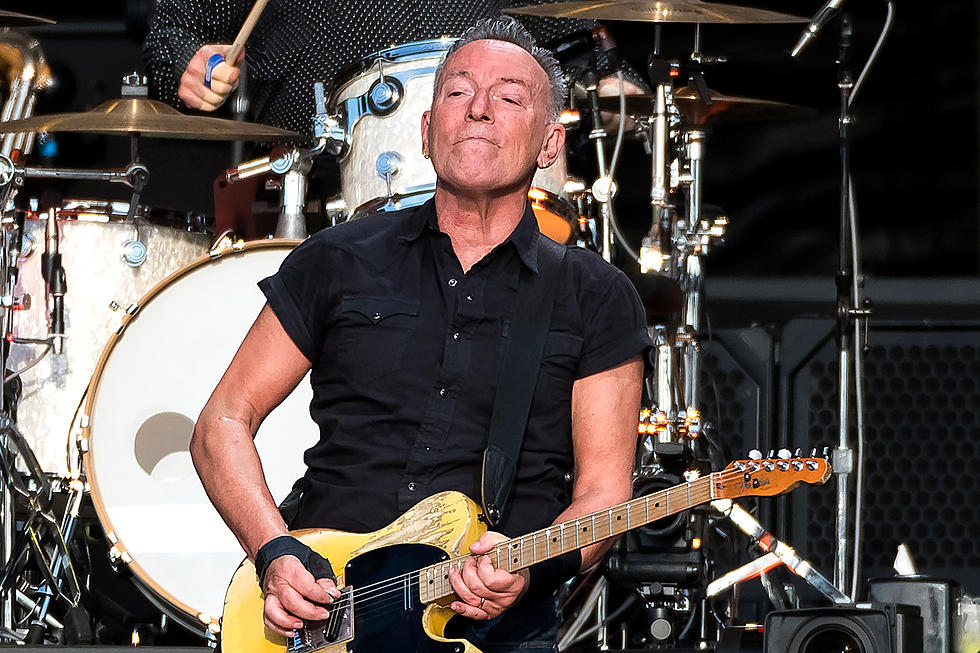
45 Years Ago: Bruce Springsteen Wows Humble Pie in Opening Slot
Prior to becoming famous, Bruce Springsteen was often used as an opening act for bands that would come through the Jersey Shore. One noteworthy evening took place at Asbury Park, N.J.'s Sunshine In on July 11, 1971, when the nine-piece Bruce Springsteen Band opened up for Humble Pie.
A few months earlier, as recounted in Peter Ames Carlin's biography Bruce, they had opened for the Allman Brothers Band at the same club, with Duane Allman taking a particular liking to Steve Van Zandt's slide guitar playing. They had planned to share a stage again in November, but Duane's death on Oct. 29 prevented that.
When Humble Pie came to town, they had just released their third record, Rock On, which would be their first entry onto the U.S. album chart. They had served as an opening act only a couple of days before, supporting Grand Funk Railroad at their history-making gig at New York's Shea Stadium. Still, despite the enormity of that concert and their own rising star, they were shocked when they entered the Sunshine In during the opening set by the virtually unknown Bruce Springsteen Band, both in terms of the quality of music -- a mixture of rock, soul and jazz that was heavily influenced by Van Morrison -- and the overwhelming reaction of the group's fan base. Humble Pie ran back to their limos to figure out whether it was worth trying to follow the local heroes.
As Howard Feigenbaum, who played saxophone for Springsteen at the time (Springsteen wouldn't meet Clarence Clemons until a few months later), told Carlin, "The club manager had to come out and talk them back inside. And I understood their problem. The audience didn't want us to leave. We absolutely tore the place apart."
Humble Pie, which included Steve Marriott and Peter Frampton, calmed down long enough to go onstage and perform a well-received set, and the two acts hung out after the show. "We were sitting around afterwards, and Frampton was talking to me," trumpet player Harvey Cherlin recalled. "'We love you, we're gonna do a world tour, we want you to open for us!' He said he'd get us a deal with A&M Records and help make us stars."
But Frampton added that he had already spoken to the band's leader about it, and Springsteen nixed the idea. Cherlin approached Springsteen's then-manager, Tinker West, about the conversation. "He said, 'Oh yeah, a major label, eh? Good luck! They're gonna screw ya!' And in a way he was right."
A footnote in the book has Springsteen doubting the veracity of Humble Pie's offer, saying that they would have jumped at the chance to open for Humble Pie.
Even though Springsteen didn't sign with A&M, he didn't have to wait much longer for his big break. Less than a year later, on May 2, 1972, he played a handful of songs at the office of legendary Columbia Records A&R man John Hammond, whose response to Springsteen's acoustic set was, "You’ve got to be on Columbia Records.”
Bruce Springsteen Albums Ranked Worst to Best
More From Ultimate Classic Rock









